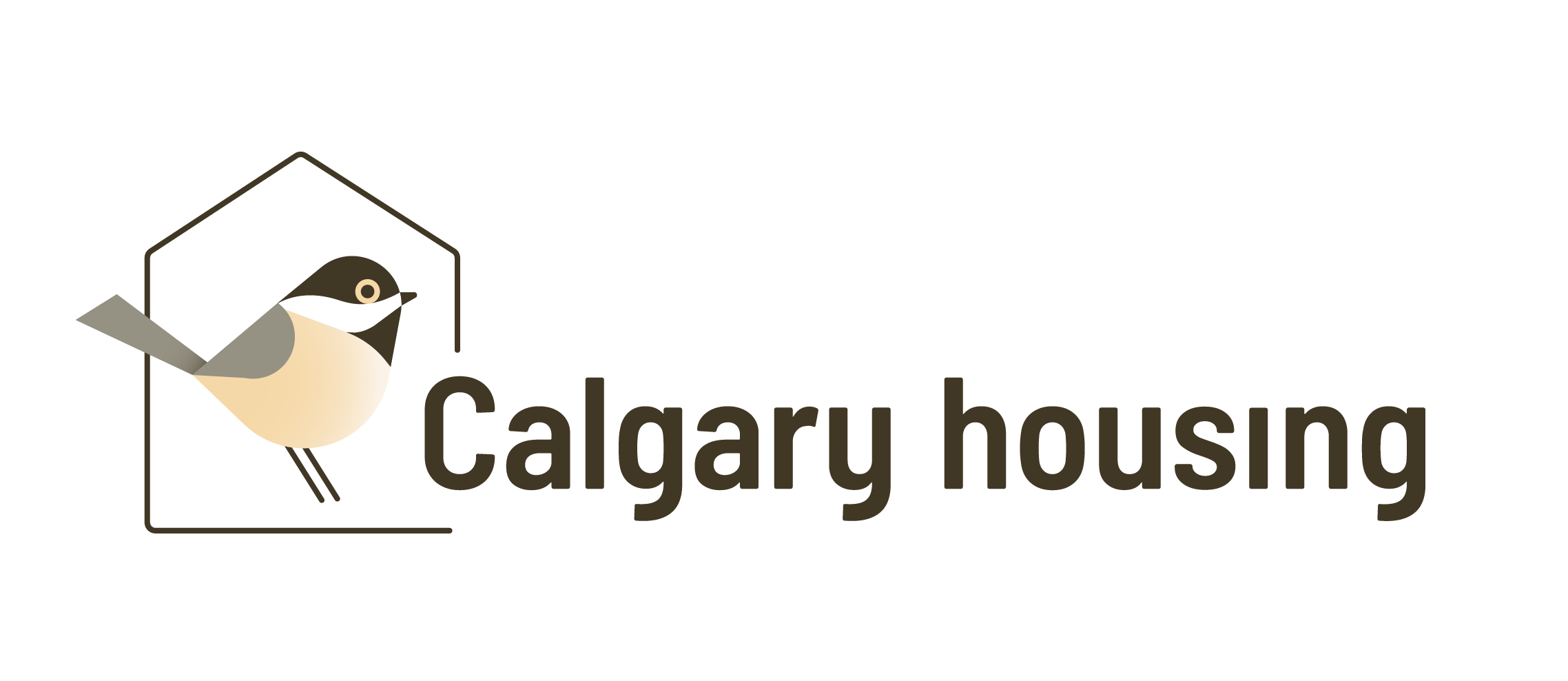National Indigenous History Month: Celebrating Culture and Building Community Resilience
by Nabila Farid
June 1st marked the beginning of the annual National Indigenous History Month in Canada. Throughout this commemorative month, Canadians honour Indigenous cultures, celebrate their history, and recognize the strength and contributions of Indigenous communities. In 1996, Indigenous organizations and the Government of Canada selected June 21st, the summer solstice, as National Indigenous Peoples Day (previously known as National Aboriginal Day). The significance of the summer solstice as the longest day of the year has resulted in many Indigenous communities traditionally celebrating their heritage on this day.
National Indigenous History Month is a meaningful opportunity for First Nations, Inuit and Métis peoples to highlight their own distinct heritage, languages, cultural practices and spiritual beliefs. This also allows many youth to learn more about their cultures as Indigenous history is often overlooked in public-school system curriculums. Reconciliation is also at the forefront of this month, as all levels of government continue responding to the Truth and Reconciliation Commission’s 94 Calls to Action through calling on educational and religious institutions, civil society groups, and all Canadians to act on the 94 Calls to Action specified.
While education has resulted in increased awareness around systemic discrimination and consequences of colonialism and colonial policies, Indigenous peoples continue to be disproportionately represented in Canadian homelessness and poverty rates. Information gathered through surveys in the development of the Aboriginal Plan to End Homelessness found that 84% of respondents were residential school survivors or first-generation descendants (Aboriginal Plan to End Homelessness, 2012).
The causes and impacts of urban Indigenous homelessness are difficult to measure, as they are based on front-line worker observations and municipal reports that examine this trend. According to research published by the Homeless Hub, it is estimated that:
- The urban Indigenous homeless population accounts for 29 % of the overall homeless population in Canada
- Of the total 70,2000 Canadian urban homeless individuals, roughly 20,358 are Indigenous (based on recent censuses)
- 6.97% of all urban Indigenous peoples are considered homeless on any one night, compared to 0.78% of the non-Indigenous population
- 1 in 4 Indigenous individuals in Canada are living below the poverty line
At the municipal level, according to the Calgary Homeless Foundation:
- Indigenous people make up less than 3% of the population in Calgary, yet they represent 21.1% of the homeless population
- Indigenous women are over-represented within the female homeless population, where 30.4% of all homeless women counted identified as Aboriginal (as compared to 21.1% of the whole population)
- The overrepresentation of Indigenous families experiencing homelessness is even worse with nearly 50% of families accessing emergency shelter identifying as Indigenous
The City of Calgary’s Affordable Housing Strategy, and collaborations with partners like Calgary Neighborhoods have been pivotal in ensuring that we are supporting Indigenous individuals and poverty reduction in Calgary. Other documents like “Imagine Calgary” aim to transform all of Calgary’s public institutions and systems to include Indigenous policies that reduce barriers and recognize the adverse colonial history experienced by Indigenous peoples in Canada.
Throughout this month and beyond, understanding the barriers that Indigenous tenants may face to accessing affordable housing should remain a priority. The TRC Calls to Action and the White Goose Flying Report provide background on the co-operative relationships needed between Canada’s three levels of government, Indigenous peoples, and service providers across the country to build community resilience.
For more information on Alberta’s commitment to celebrating Indigenous history and the work being done to decrease Indigenous homelessness rates in Calgary, please see:
Government of Alberta: National Indigenous History Month
Government of Canada: History of Indigenous peoples in Canada
Importance of National Indigenous History Month
Aboriginal Standing Committee on Housing & Homelessness
Upcoming Events
Alberta Métis Fest
June 13, 2020 from 10 am – 5 pm | Online June 13 . Métis music, culture, and (virtual) connection! albertametis.com/alberta-metis-fest-2020/
Opening Ceremonies for Aboriginal Awareness Week Calgary
June 15 from 12:00 – 1:15pm | Open and free to all! Feauring Sandra Sutter, Dr. Lindsay Crowshoe and more. honouringmotherearth.com/
National Indigenous People’s Day Powpow and Celebration
June 21 from from 12-5pm | Join virtually in this online celebration on June 21, 2020. aawc.ca/
2020 Indigenous History Month and the COVID-19 pandemic
Many Indigenous History Month 2020 events have been cancelled or postponed due to the COVID-19 pandemic, but resources like the #IndigenousReads Reading List are available online and include educational books and poetry for adults, young adults, and children.
Additional Resources & Links
- CBC’s 35 books to read for National Indigenous History Month
- The Honouring Mother Earth Committee
- Aboriginal Awareness Week Calgary
- Métis Nation of Alberta
Pikani Elder Reg Crowshoe on the history of pandemics in Indigenous communities.
Reg and Rose Crowshoe are part of the Elders group the University of Calgary will be working with on affordable housing engagement. Reg is a skilled teacher through story and oral tradition.
About the author: Nabila Farid is a Community Development Student working with the Calgary Housing Company Client Services team throughout Summer 2020. She is a 2nd year Master of Public Policy & Global Affairs Student, with a strong interest in Indigenous Affairs. Her past research has included the link between intergenerational trauma and the overrepresentation of Indigenous peoples in the Canadian criminal justice system, how colonialism has resulted in the racialization of spaces, and the adoption of UNDRIP among post-secondary institutions in North America.
References:
Aboriginal Homelessness in Calgary. (2018, May 11). Retrieved from http://calgaryhomeless.com/ending-homelessness/indigenous-communities/#:~:text=Here are some key facts,to 3.2% of Caucasian persons.
Belanger, Y. (2014, February 19). Infographic Wednesday – Urban Aboriginal Homelessness in Canada. Retrieved from https://www.homelesshub.ca/blog/infographic-wednesday-urban-aboriginal-homelessness-canada
Northern Affairs Canada. (2020, May 21). About National Indigenous Peoples Day. Retrieved from https://www.rcaanc-cirnac.gc.ca/eng/1100100013718/1534874583157
Truth and Reconciliation Commission of Canada: Calls to Action. (2015, June 11). Retrieved from http://trc.ca/assets/pdf/Calls_to_Action_English2.pdf
White Goose Flying: Calls to Action 2016. (2016, May 1). Retrieved from https://www.calgary.ca/CSPS/CNS/Documents/CAUAC/White-Goose-Flying-Calls-to-Action-CAUAC.pdf?noredirect=1

